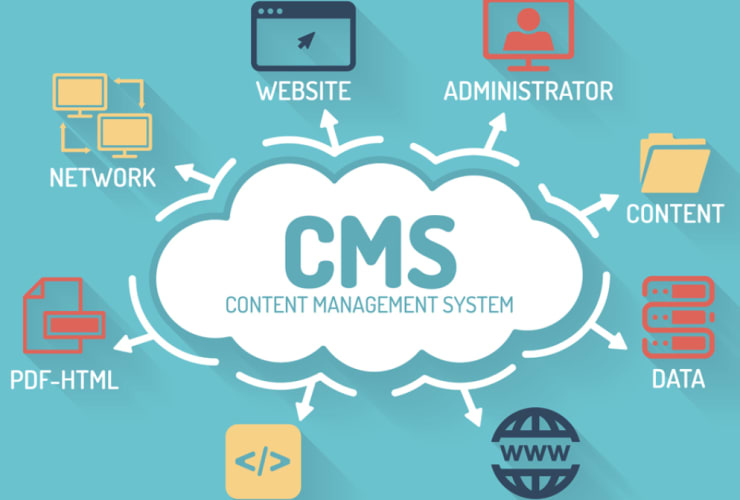How Content Management Systems Changed The Web


For many years the creation and modification of websites was under the sole remit of web designers and developers. With an in-depth knowledge of programming languages and back-end development required to make even the most modest website changes, experienced programmers were required to carry out almost any changes to your online presence.
The advent of content management systems changed the way we approach the web and it’s made website management much more accessible. By enabling users to modify and change their website without using HTML or other advanced tools, a content management system revolutionises the way businesses operate.
Prior to the introduction of content management systems, companies relied on in-house IT developers or outsourced consultants to manage their online brand. This required a significant budget and it also meant that website modifications could take some time to do.
By using a CMS, however, businesses of all sizes and budgets are able to take full control of their website. As well as driving costs down, using a CMS means website changes can be performed in a matter of seconds so companies aren’t waiting for a specialist programmer to become available before they’re able to update their site.
How do agencies use CMS?
Currently, online agencies provide an effective and reliable way of managing websites. With many businesses unable to devote the time to managing their own online presence, specialist agencies are adept at managing websites, social media and online marketing.
Without content management systems, online and digital agencies would have a far harder task in front of them. If specialist programmers were still required to carry out every website modification, for example, agencies would have considerable overheads and this would push the price of their service up.
With a CMS, however, online marketing and digital staff aren’t required to be conversant with programming languages or site development. This means agencies and companies can rely on online marketing specialists and content creators to manage their online presence but they won’t need constant input for IT programmers or developers.
Furthermore, without a CMS, agencies wouldn’t be able to deliver instantaneous website updates and up-to-the-minute modifications. As online changes can be made within seconds via a CMS, online agencies can respond to breaking news and the latest company information, and have it reflected on their client’s websites as it happens.
Getting The Most Out Of Your CMS
Although a CMS provides a great way to manage websites, an effective content management system offers so much more. Siteglide provides an efficient way to manage your content, online marketing and subsequent analytics, and it also ensures your material is compliant with the latest General Data Protection Regulations.
To find out what Siteglide could do for you, get in touch with the team today.



